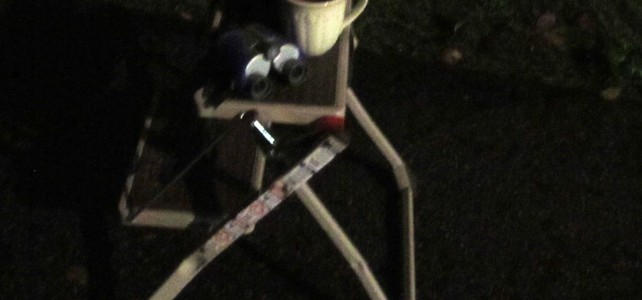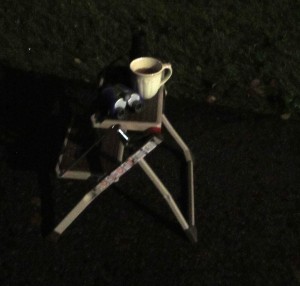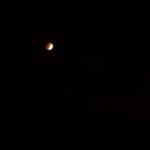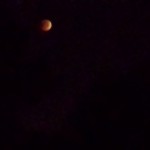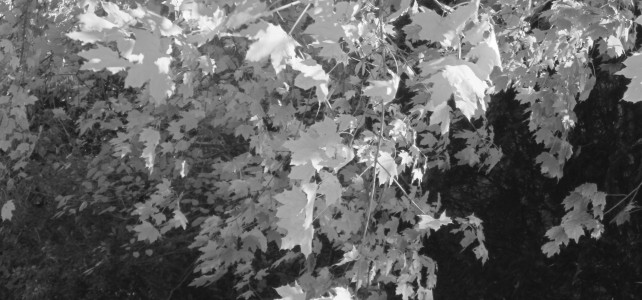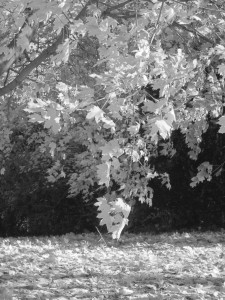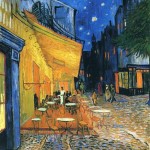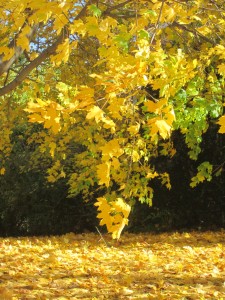
A Star Appeared in the Sky
It was Christmas Eve day and, since my work schedule didn’t begin until the afternoon, I was enjoying a hot, leisurely bath. My upstairs neighbor walked down the metal steps outside our building, taking loads of Christmas goodies to her car as she prepared for a trip south. Bells jingled with each step.
“Holidays,” I thought, “are important markers for the human spirit.” The day’s morning prayer included a reading that declared the covenant between God and God’s people would be broken if the sun and moon didn’t follow one another, if night didn’t follow day. Unthinkable. As the Psalmist says, God made the sun and moon to mark the seasons.
Holidays provide a framework for our years. Working in retail has shown me how disorienting lack of markers can be. Weekends used to be two days in a row when paid labor took a break and the hiatus could be filled however one chose or needed. For Christians, Sundays were a day of prayer and rest. Well, the best we could muster in our busy 24/7 world. But in retail, weekends are One Day Sales and time to offer services to shoppers. Days off vary week to week. As a result, many times I wake up and think: “What day is this?” and it might take me a minute or two to come up with the answer.
Holidays, however observed, help us focus on what is important and beyond our routine. The Sacred in our midst. The sacrifices of others. The blessings that grace us. My neighbor, jingling down the steps, was preparing to spend time with family and friends and to remember with them the mystery of God come to earth. She’d take a few days before plunging back into her usual work schedule.
Soaking in the tub, my thoughts turned to the morning’s Old Testament reading from 2 Samuel. David was snug in his palace when an idea struck: “Hmm. I’m sitting in a comfortable house of cedar while the Ark of the Covenant sits outside in a tent! Maybe I should build God a house!”
Sounded good to him so he mentioned it to the prophet Nathan who took up the matter with the Deity. God’s response? No so much. Couldn’t David see the irony? The creature building a house to hold the Creator?
“It was I who took you from the pasture
and from the care of the flock
to be commander of my people Israel.
I have been with you wherever you went,
and I have destroyed all your enemies before you.”
No, God didn’t need a house. Doesn’t sound like God wanted one. The Creator didn’t dwell only in the tent that housed the ark, either. Perhaps David missed it, but God was with him wherever he went. God dwells with the people. No one could say, “God lives here, in this place” rather than “there in your place.” (A notion that gets the world into lots of trouble.) God seems to prefer freedom to roam and turns up in places we’d never expect.
Heating up the bath water, I pondered Epiphany, the feast that asks us to consider God’s coming close so we could get a good look at Divinity. Maybe we’d become better at finding God in a lineup of day-to-day encounters. So when the holidays are over and when I can’t remember what day it is, and when work and life are a busy, messy jumble, God reminds us that the Holy One doesn’t need a special holiday or house or anything else. God is with us always, wherever we are. Always was. Always will be.
That’s worth celebrating! Happy Epiphany!
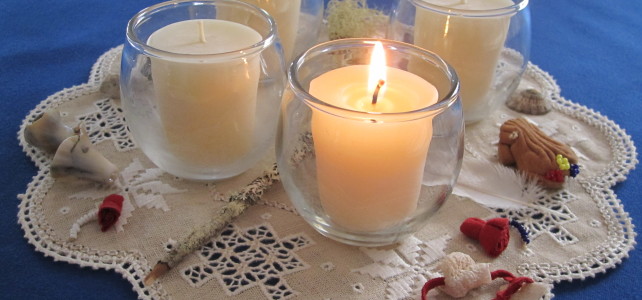
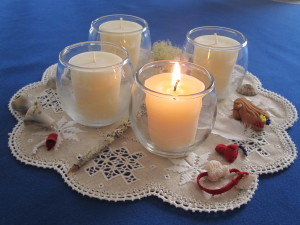
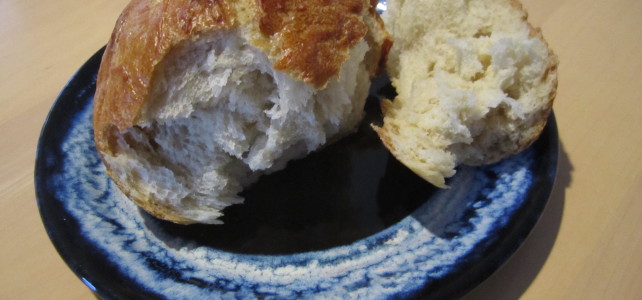

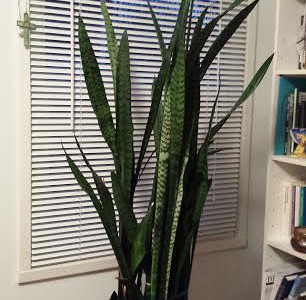
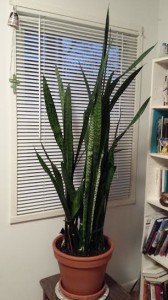
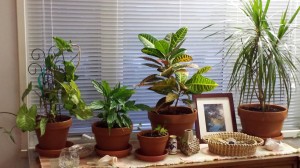
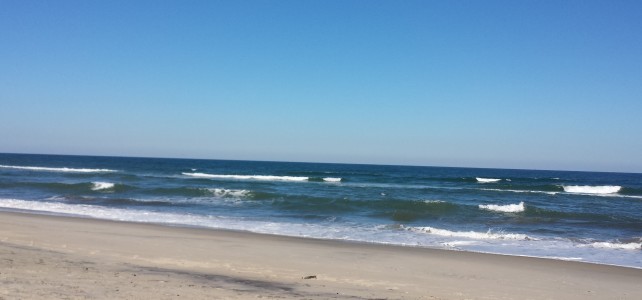


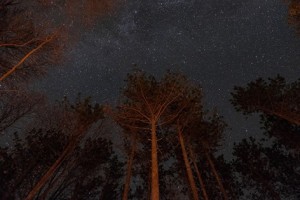
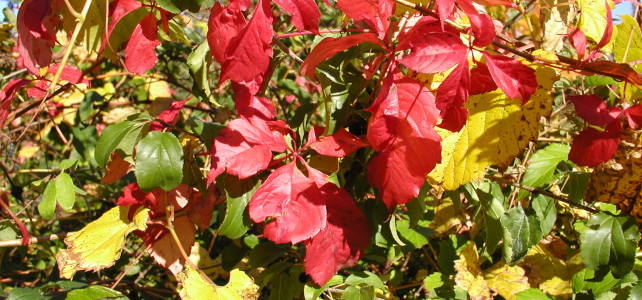
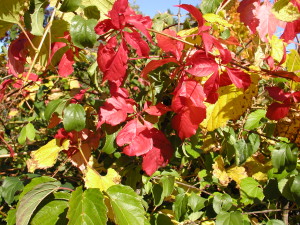

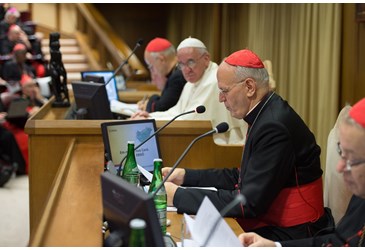
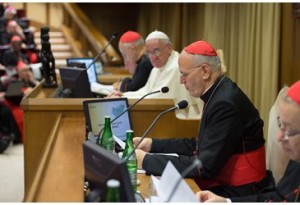
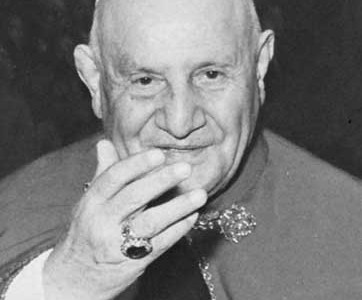
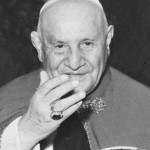 Originally published in The Catholic Times, Oct. 13 Vol. 64:2
Originally published in The Catholic Times, Oct. 13 Vol. 64:2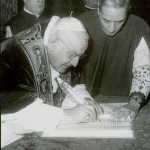
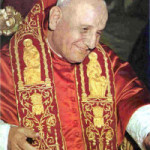 His homily at Sunday’s opening mass warned of the possibility that those charged with nurturing God’s people can bring harm instead out of their self interest, greed, and pride: “God’s dream always clashes with the hypocrisy of some of his servants. We can ‘thwart’ God’s dream if we fail to let ourselves be guided by the Holy Spirit,” Pope Francis said. “The Spirit gives us that wisdom which surpasses knowledge, and enables us to work generously with authentic freedom and humble creativity.”
His homily at Sunday’s opening mass warned of the possibility that those charged with nurturing God’s people can bring harm instead out of their self interest, greed, and pride: “God’s dream always clashes with the hypocrisy of some of his servants. We can ‘thwart’ God’s dream if we fail to let ourselves be guided by the Holy Spirit,” Pope Francis said. “The Spirit gives us that wisdom which surpasses knowledge, and enables us to work generously with authentic freedom and humble creativity.”